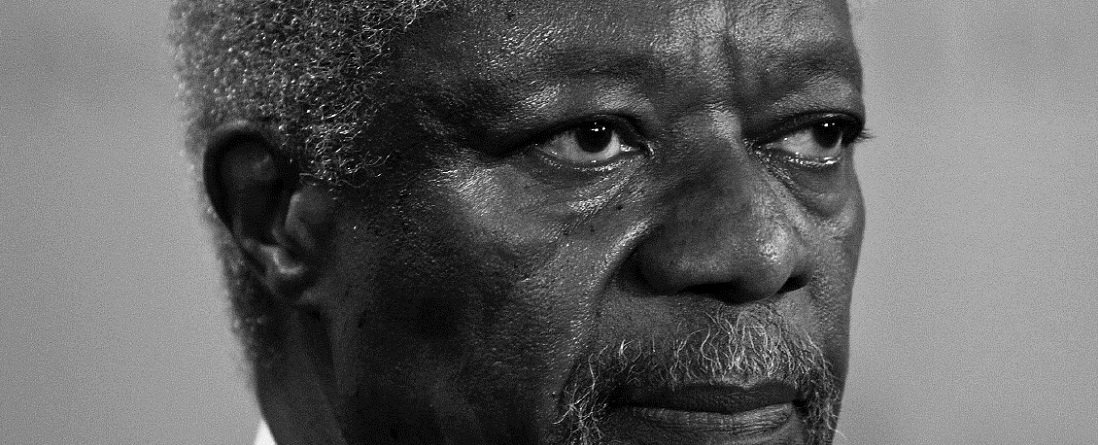I have witnessed many changes in my long career in the way we approach global challenges – not all of them, sadly, positive. But the resurgence in recent years of philanthropy has been a major change for good.
We have entered a new age of philanthropy and the sick, the poor and the vulnerable of our world are benefiting. Progress is being made on some of our world’s most intractable problems and modern philanthropy has played a significant role in these successes. When, for example, as UN Secretary-General we launched the Global Fund as an international financing mechanism to tackle HIV/AIDS, tuberculosis and malaria, the early involvement of the Gates Foundation was of critical importance.
It was not just the large additional resources which were provided which made the difference, but also their way of approaching the challenge. Modern philanthropists have brought a determined focus on outcomes and the courage to find and try innovative solutions to deliver results.
They also bring a deep understanding of the need to build the widest possible partnerships with governments, international agencies, civil society and the private sector. Despite fears from some NGOs and multilaterals about their involvement and influence, modern philanthropists rarely operate in isolation but recognise the importance of collaboration.
The new age of philanthropy is also marked by a change in where the successors to Carnegie, Rockefeller and Nobel live. As the economies of Asia, Latin America and Africa have grown, so has the determination of its business leaders to use their wealth for the greater good.
We have seen, for example, the emergence of a growing number of African foundations set up by those whose companies have thrived on the continent. They can bring, as is the case with Mo Ibrahim and the work of his Foundation on African governance and of Tony Elumelu on entrepreneurship, a particular insight into what’s important, a better understanding of the local and regional context, and the barriers that must be overcome.
This experience can also provide a credibility which makes it more difficult for those in authority to ignore and easier to attract the right partners. The work of my Foundation on African agriculture and on elections and reconciliation within the continent – and the wide partnerships we have forged – has benefited hugely from these partnerships.
The Ibrahim and Gates Foundations also underline how modern philanthropists are taking a much more high-profile role in advocacy for the causes in which they believe and the changes they want to see. Many wealthy individuals, of course, continue to keep their giving and efforts private, but this new breed of philanthropy-champions have successfully raised awareness, challenged conventional thinking and prompted decisive action on issues of huge importance.
As we look around our world and the complex challenges we face, it is clear we need not just more funding but the very best ideas that we can get, and absolute focus to make these ideas work in practice. I am delighted to see the next generation of philanthropists leading the way.
Kofi Annan is the Former Secretary-General of the United Nations and founder of the Kofi Annan Foundation.
A new age of philanthropy

